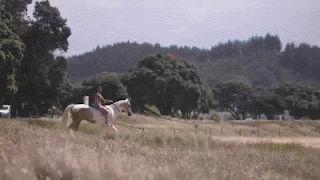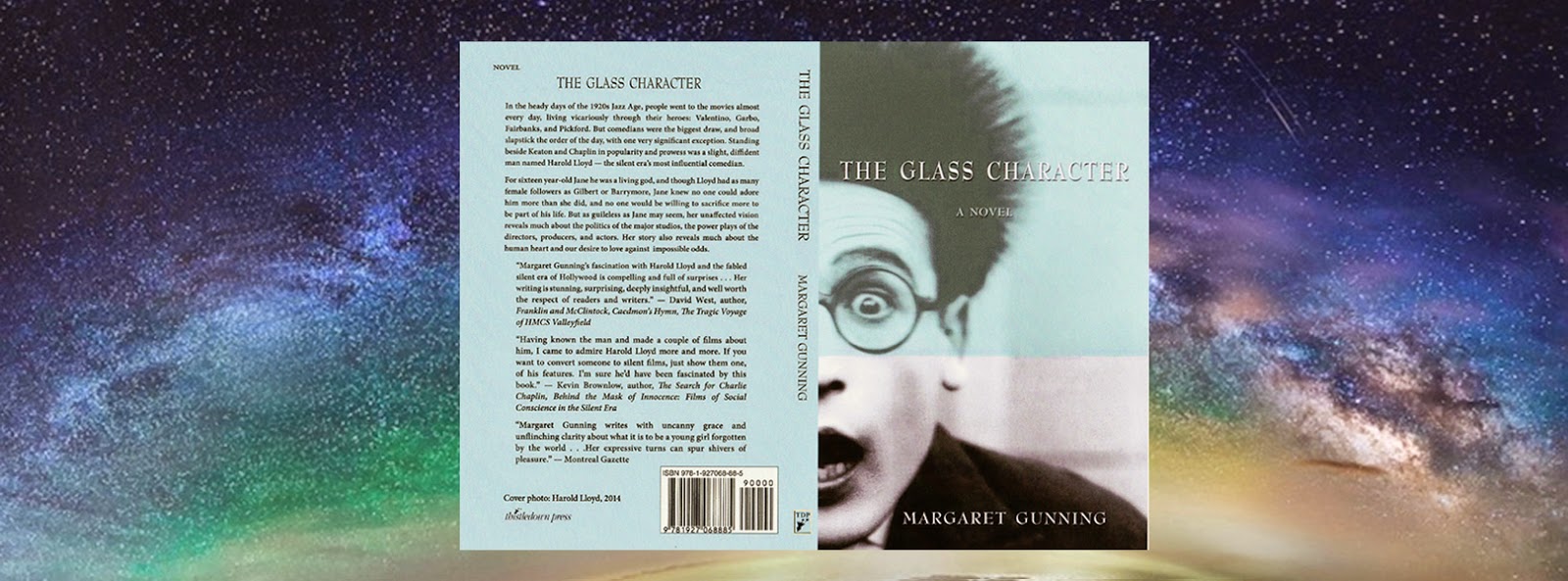
Oh Stewball was a racehorse, and I wish he were mine.
He never drank water, he always drank wine.
His bridle was silver, his mane it was gold.
And the worth of his saddle has never been told.
Oh the fairgrounds were crowded, and Stewball was there
But the betting was heavy on the bay and the mare.
And a-way up yonder, ahead of them all,
Came a-prancin' and a-dancin' my noble Stewball.
I bet on the grey mare, I bet on the bay
If I'd have bet on ol' Stewball, I'd be a free man today.
Oh the hoot owl, she hollers, and the turtle dove moans.
I'm a poor boy in trouble, I'm a long way from home.
Oh Stewball was a racehorse, and I wish he were mine.
He never drank water,he always drank wine.

What I like about this subject is the obscurity, the confusion, and the layers of muddled meaning, with fragmentary overlap revealing possible authenticity that may go back several hundred years. We all used to sing Old Stewball ("was a racehorse. . . ") in the 1960s during the folk boom, along with Where have All the Flowers Gone and Masters of War ("And I hope that you die, and your death will come soon/They'll carry your casket in the pale afternoon"), and I used to wonder: how weird is that, that you'd call a horse Stewball. What could it mean, if anything? I just found out tonight that it means a lot.
I now see that I should have had a clue. I was a horse-crazy little girl who read everything she could get her grubby little mitts on about horses, and I am sure I had come across the term skewbald, a synonym for piebald, which means. . . to us North Americans, anyway, pinto or paint. These are black or chestnut or sorrel horses with splashy white markings. Either that, or they are white horses with black or chestnut or sorrel. . . well. Are the zebra's stripes black, or white?
They look like cowponies to me, and for some reason I never took them very seriously.

I don't associate them with thoroughbreds, because the skewbald gene doesn't seem to be very active in modern bloodlines. But if you go back more than 300 years, racehorse DNA was quite different, with fast and gracile Arabians being crossed with the muscular European horses we see rearing up in historical paintings. Skewed, they might have been, with all that genetic confusion. But from the first time the Godolphin Arabian leaped off his springboard to service the fair Lady Roxanne, some fuse was lit, giving rise to the fastest horses in human history.
The name Godolphin pops up in Stewball's fictional/factual pedigree, making me wonder if he truly was descended from that stunning foundational sire, the amazingly prolific stallion who begat Lath, who begat Cade, who begat Regulus, who begat. . . and on and on, unto Man o' War and War Admiral and even Seabiscuit. A little horse who stamps his get.

I tried to find explanatory quotes that didn't go on and on for volumes, This neat paragraph from a Gutenberg site seems to suggest there really was a Stewball, and someone really did write a song about him, wa-a-a-a-a-a-a-y back when.
The horse was foaled in 1741, and originally owned by Francis, 2nd Earl of Godolphin, and later sold. His name has been recorded as "Squball", "Sku-ball", or "Stewball". He won many races in England, and was sent to Ireland. The Irish turf calendar states that he won six races worth £508 in 1752, when he was eleven years old, and was the top earning runner of that year in Ireland.[1] His most famous race took place on the plains of Kildare, Ireland, which is generally the subject of the song of the same name. The early ballad about the event has Skewball belonging to an Arthur Marvell or Mervin. Based on the horse's name, Skewball was likely a skewbald horse.
I also found far too many versions of the Stewball ballad and didn't know where to start: should I throw all of them at you and let you pick and choose? I finally picked out a few that demonstrated some overlap. Songs are like fairy tales in their tendency to drift and drool and slop over into each other, but always with some essential kernel of truth, some nub of the story that has real staying power.

My source for most of this material is an extremely detailed site called Thoroughbred Heritage, which serious horse-ites should visit forthwith:
http://www.tbheritage.com/index.html
Skewball: The Ballads
In America, the Stewball ballad was "...most popular in the Negro south, where the winning horse is known variously as 'Stewball' or 'Kimball," and was apparently one of the chain-gang songs. The song was recorded by Leadbelly in 1940 (CD available via the Smithsonian Museum), by Joan Baez (album title Joan Baez), by Peter Paul and Mary, and a number of successive artists.
Skewball (Harding B-6 (54) 00668)
You Gentlemen Sportsmen I pray listen all
I'll sing you a song in the praise of Skewball
And how they came over you shall understand
By one Squire Irvine the Mell of [of] our land.
500 bright guineas on the plains of Kildare
I'll bet upon, Sportsmen, that bonny-grey mare
Skewball hearing the wager, the wager was laid
He said loving master, its don't be afraid.
For on my side thou'st laid thousands of pounds
I'll rig in thy castle a fine mass of gold.
Squire Irvine he smiled, and thus he did say,
You gentlemen-sportsmen to-morrow's the day
Your saddles and bridles, and horses prepare,
For we will away th [to] the plains of Kildare.
The day being come, & the horses bro't out,
Squire Irvine he order'd his rider to mount.
All the people then went to see them go round
They swore in their hearts that they ne'er
touch'd the ground.
And as they were riding this was the discourse
The grey mare will never touch this horse.
O, loving kind rider come tell unto me,
How far is the grey mare behind you said he...
O loving master you bear a great smile,
Grey mare is behind me a large English mile
For in this country I was ne'er seen before
Thou hast won the race & broken lord Gore.

This one strikes me as the most authentic-sounding, but who's to say there aren't much older versions that you couldn't understand worth a tinker's hoot because Irish people have marbles in their mouths. It has the nicest sportsmanlike, cantering rhythm to it. Skewball actually speaks in this one, which is kind of nice, and is very encouraging to his master. One element that remains the same in practically all of these is Stewball's rival, a grey mare, though her name changes from one version to another.
Skewball (Steeleye Span)
You gallant sportsmen all, come listen to my story
It's of the bold Skewball, that noble racing pony
Arthur Marvel was the man that brought bold Skewball over
He's the diamond of the land and he rolls about in clover
The horses were brought out with saddle, whip and bridle
And the gentlemen did shout when they saw the noble riders
And some did shout hurray, the air was thick with curses
And on the grey Griselda the sportsmen laid their purses
The trumpet it did sound, they shot off like an arrow
They scarcely touched the ground for the going it was narrow
Then Griselda passed him by and the gentlemen did holler
The grey will win the day and Skewball he will follow
Then halfway round the course up spoke the noble rider
I fear we must fall back for she's going like a tyger.
Up spoke the noble horse, ride on my noble master
For we're half way round the course and now we'll see who's faster
And when they did discourse, bold Skewball flew like lightning
They chased around the course and the grey mare she was taken
Ride on my noble lord, for the good two hundred guineas
The saddle shall be of gold when we pick up our winnings
Past the winning post bold Skewball proved quite handy
And horse and rider both ordered sherry, wine and brandy
And then they drank a health unto Miss Griselda
And all that lost their money on the sporting plains of Kildare
Not all these lines rhyme, obviously, but who notices with a thrilling song like this? The lines "and horse and rider both ordered sherry, wine and brandy" may be the forerunner to the strange lines, "he never drank water, he only drank wine", though it's not unheard-of for winning horses to have their water trough spiked with a pint or two.
Stewball: A Version
Source: Fiddle Players' Discussion List, Meghan Merker
Way out in California
Where Stewball was born
All the jockeys said old Stewball
Lord, he blew there in a storm
CHORUS: Bet on Stewball and you might win, win, win
Bet on Stewball and you might win
All the jockeys in the country
Say he blew there in a storm
All the women in the country
Say he never was known
When the horses were saddled
And the word was given: Go
Old Stewball he shot out
Like an arrow from a bow
The old folks they hollered
The young folks they bawled
The children said look, look
At that no good Stewball
Here the Irish roots of the thing are pretty much buried, but it's a fast-paced, exciting version, with the very strange lines, "All the women in the country/Say he never was known". Known in the Biblical sense? It may be that, as with the Black Stallion, Stewball is one of those horses that came out of nowhere, with no papers to prove himself, nothing but a supernatural capacity to set the track on fire.

Stewball: Another Version
Source: Fiddle Players' Discussion List, Meghan Merker
There's a big race (uh-huh), down in Dallas (uh-huh)
Don't you wish you (...) were there? (...)
you would bet your ( ) bottom dollar ( )
On that iron ( ) grey mare ( )
Bet on Stewball & you might win, win, win
Bet on Stewball & you might win!
Way out / in California / when old Stewball / was born
All the jockeys / in the nation / said he blew there / in a storm
Now the value / of his harness / has never / been told
His saddle / pure silver / & his bridle / solid gold
Old Stewball / was a racehorse / Old Molly / was too
Old Molly / she stumbled / Old Stewball / he flew
And here are more fragments of the version I know: "now the value of his harness has never been told/His saddle pure silver, his bridle solid gold". I wonder who makes these decisions as the song morphs from decade to century, from artist to artist. Leave one detail out, add another. I'm actually quite grateful to have learned (just tonight!) that Stewball wasn't really Stewball at all, but Skewbald, with crazy skewed markings like forked lightning: a horse that could run up a storm.



























+-+Copy.jpg)











